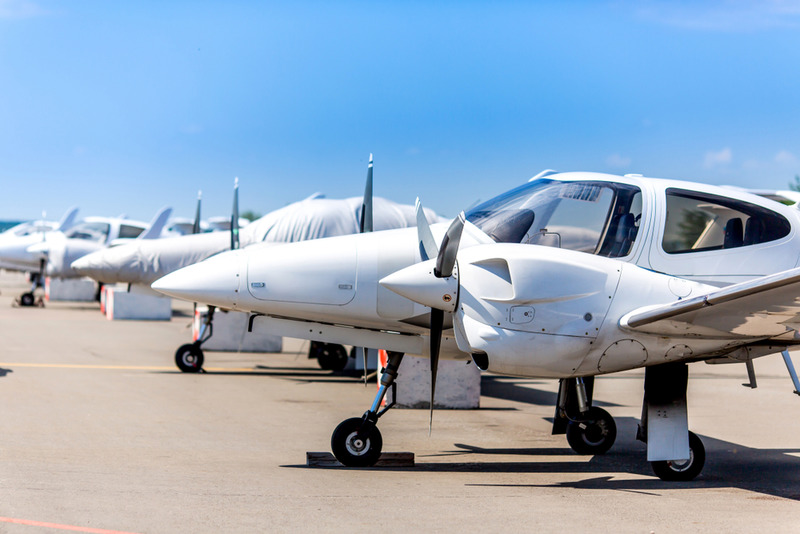Whether you’re taking a short flight down the coast or longer flight across the country or the world, your airplane online security code should be a top priority if you plan to use your personal mobile devices to whittle away the hours streaming movie or sending messages to friends. You may not think that an airplane would be the locale for getting your devices hacked and your personal information stolen but why risk the chance? You wouldn’t drive a car without insurance, don’t fly a plane without checking that your online actions aren’t becoming a backdoor for a nefarious person to sneak in and steal your credentials.
There are many means of making sure you are secure while in flight and one of the first things you should concern yourself with is directing your attention to safety features. Most all of us are prone to quickly sliding by any Terms and Conditions pages that we see prior to logging into a wifi provider’s network. However, you will want to do some leg work to understand who you are signing into and what, if any, protections, the service provides. Before you go mindlessly logging into the airplane’s provided Wi-FI you should visit the provider’s web page. From there, you need to take the time to read those terms and conditions. It should be able to give you a good idea of the kind of encryption and safety measures the provider takes to keep its users safe. You’ll want to take the time to read the ToC you should make sure that your online activity sticks to the bland like reading the news or checking your Facebook messages. You don’t want to go anywhere risky like checking your bank account or another identity/financially risky moves.

Another way to stay safe while surfing the skies and the WiFi waves is to have some sort of mobile defense or protection for your devices be they smartphone, tablet or laptop. There are plenty of apps and software that can help you to detect and stop any online traffic that poses a threat to you. This can include things such as traffic blockers and ad blockers which can keep you away from accidentally clicking ads that appear to be helpful reminders from your computer/smartphone system but are actually just viruses and other awful problems in disguise. If those ideas do not appeal to you, you can go the route of getting a VPN or ‘virtual private network’. This is, in a nutshell, a secure and private that allows you to move through public internet to a private network in a remote location. This might sound a bit James Bond-y but these VPNs use encryption to ensure that your online moves can be defended against spying and information theft. Keep in mind that if you work for a company that uses VPNs and you are working from a company phone/device te VPN may only extend to sending work emails and other information on intracompany business and may not defend your personal non-work related activity. Keeping safe online isn’t just an on-the-ground worry, you should care even when you’re up in the air.




